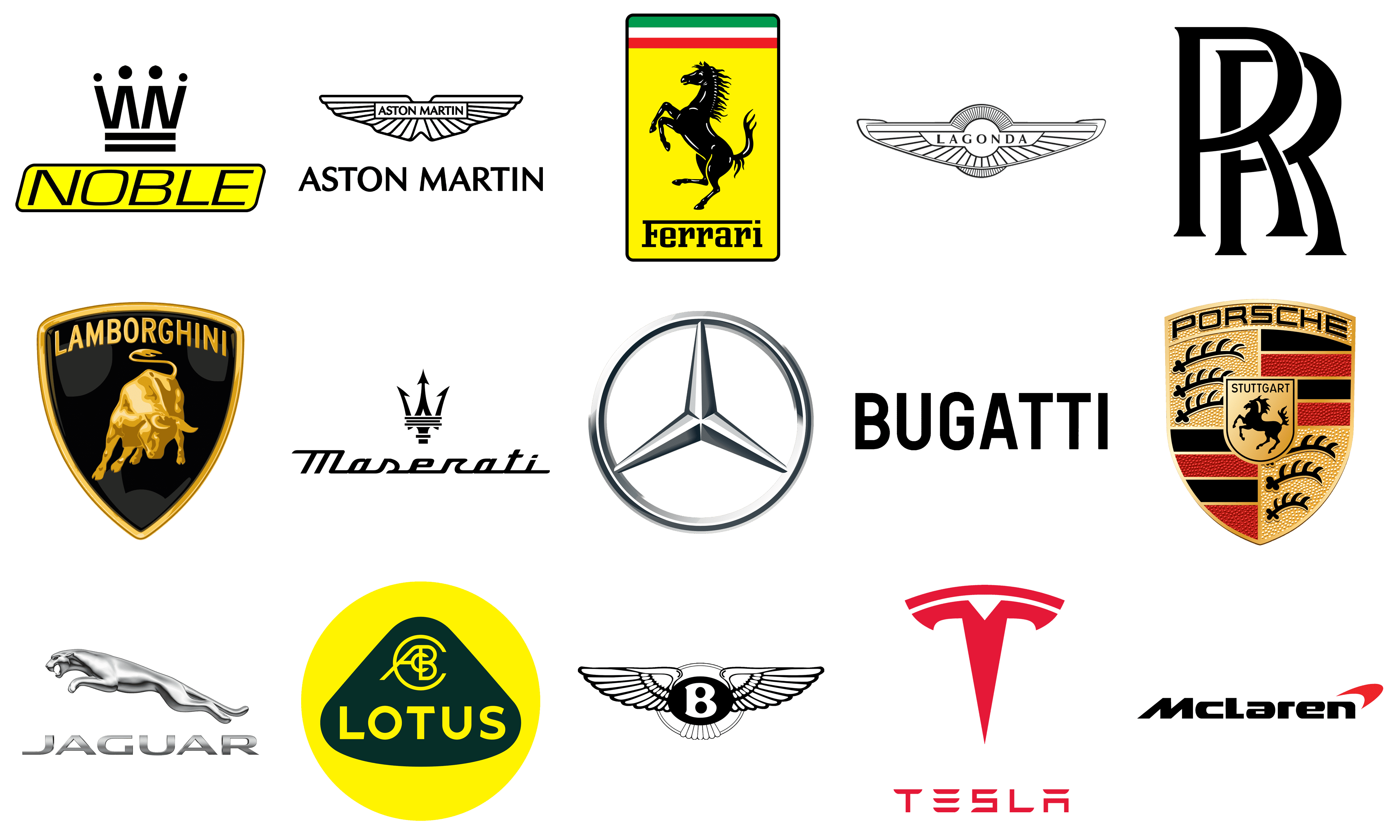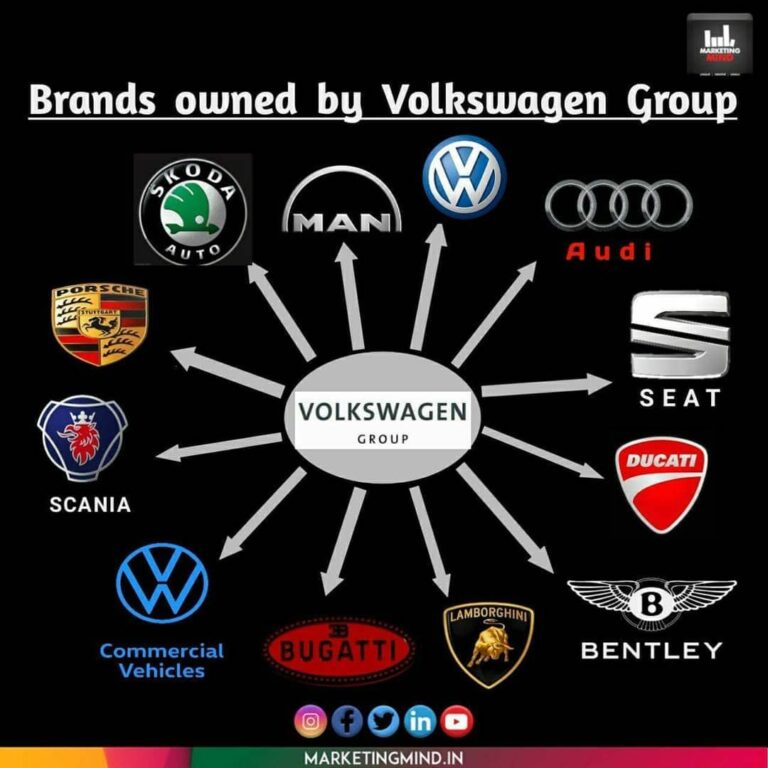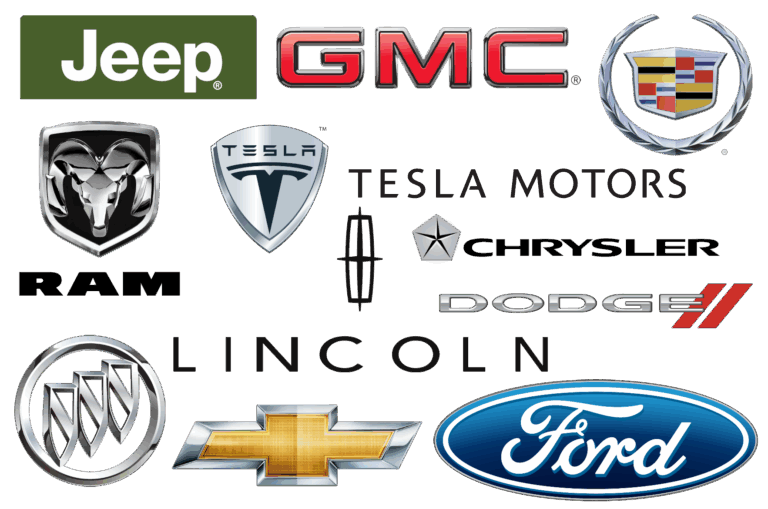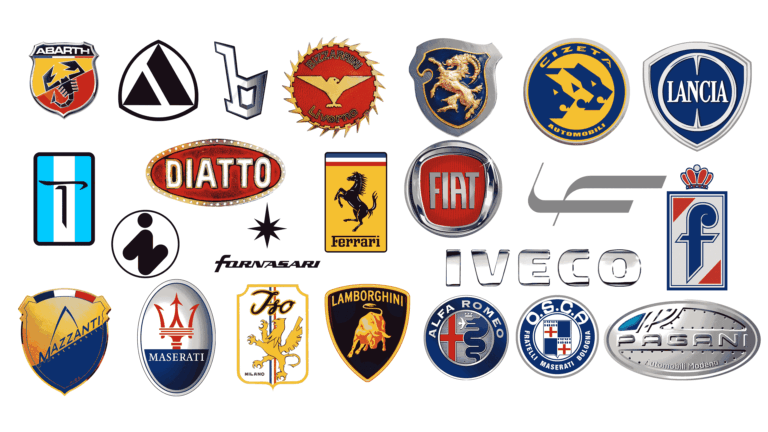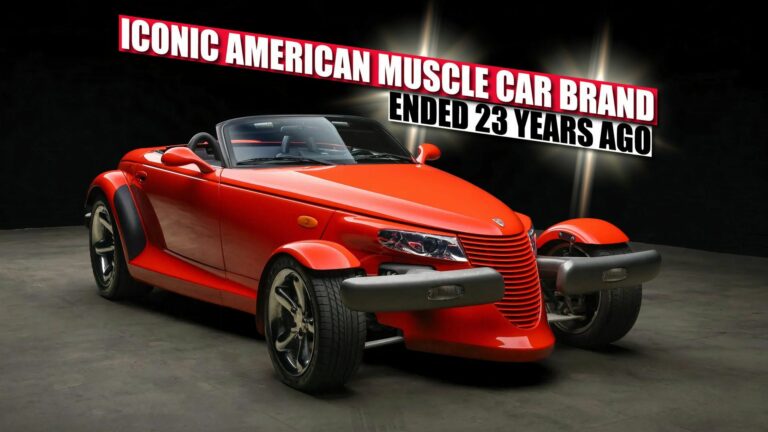Car Brands With The Best Warranty: Your Ultimate Guide to Peace of Mind on the Road
Car Brands With The Best Warranty: Your Ultimate Guide to Peace of Mind on the Road cars.truckstrend.com
In the exciting journey of buying a new car, myriad factors weigh on our minds: fuel efficiency, safety features, performance, design, and of course, price. However, one crucial element often overlooked or misunderstood is the vehicle’s warranty. A robust warranty isn’t just a safety net; it’s a testament to a manufacturer’s confidence in their product and a significant contributor to your long-term peace of mind and financial security.
This comprehensive guide will delve into the world of car warranties, illuminating why they matter, which brands stand out for their exceptional coverage, and how you can leverage this knowledge to make an informed purchasing decision. Understanding "Car Brands With The Best Warranty" is not merely about finding the longest coverage; it’s about identifying the most comprehensive protection against unexpected repair costs, ensuring your investment remains sound for years to come.
Car Brands With The Best Warranty: Your Ultimate Guide to Peace of Mind on the Road
Understanding Car Warranties: What You Need to Know
A car warranty is essentially a manufacturer’s guarantee that they will repair or replace certain components of your vehicle should they fail due to defects in materials or workmanship within a specified period or mileage. It’s a legally binding contract designed to protect you from costly, unforeseen repairs during the initial years of ownership.
Types of Warranties:
- Bumper-to-Bumper (or Basic) Warranty: This is the most comprehensive coverage, typically covering almost all components of the vehicle, from electrical systems to infotainment, air conditioning, and suspension. Exclusions usually include wear-and-tear items like tires, brake pads, wiper blades, and routine maintenance.
- Powertrain Warranty: This covers the essential components that make the car move: the engine, transmission, and drive axle. It’s crucial for protecting against major, expensive mechanical failures. Powertrain warranties are often longer than bumper-to-bumper warranties.
- Corrosion (Perforation) Warranty: This covers rust or perforation of the vehicle’s body panels from the inside out. The duration can vary significantly.
- Roadside Assistance: Many new car warranties include roadside assistance for a certain period, covering services like towing, jump-starts, flat tire changes, and fuel delivery.
- Hybrid/EV Battery Warranty: Given the high cost of hybrid and electric vehicle batteries, manufacturers typically offer separate, extended warranties specifically for these components, often mandated by federal regulations (e.g., 8 years/100,000 miles, or even longer in some states like California).

Key Terms and Considerations:
- Duration and Mileage Limits: Warranties are limited by either time (e.g., 3 years) or mileage (e.g., 36,000 miles), whichever comes first.
- Exclusions and Limitations: Always read the fine print. Warranties rarely cover damage from accidents, misuse, lack of maintenance, or aftermarket modifications.
- Deductibles: Some warranties, particularly extended or certified pre-owned warranties, may require you to pay a deductible per repair visit.
- Transferability: Can the warranty be transferred to a subsequent owner if you sell the car? This significantly impacts resale value.
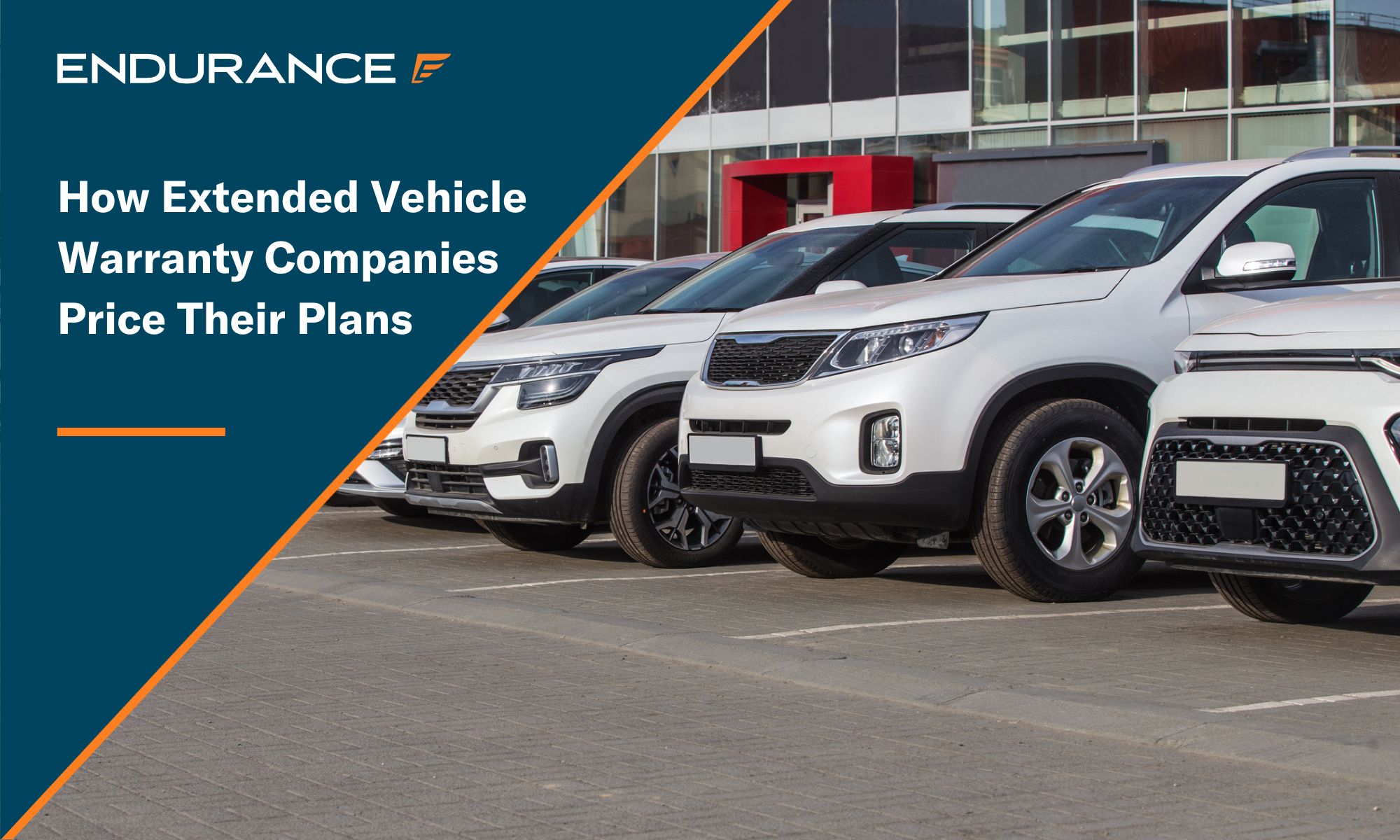
Why a Strong Warranty Matters
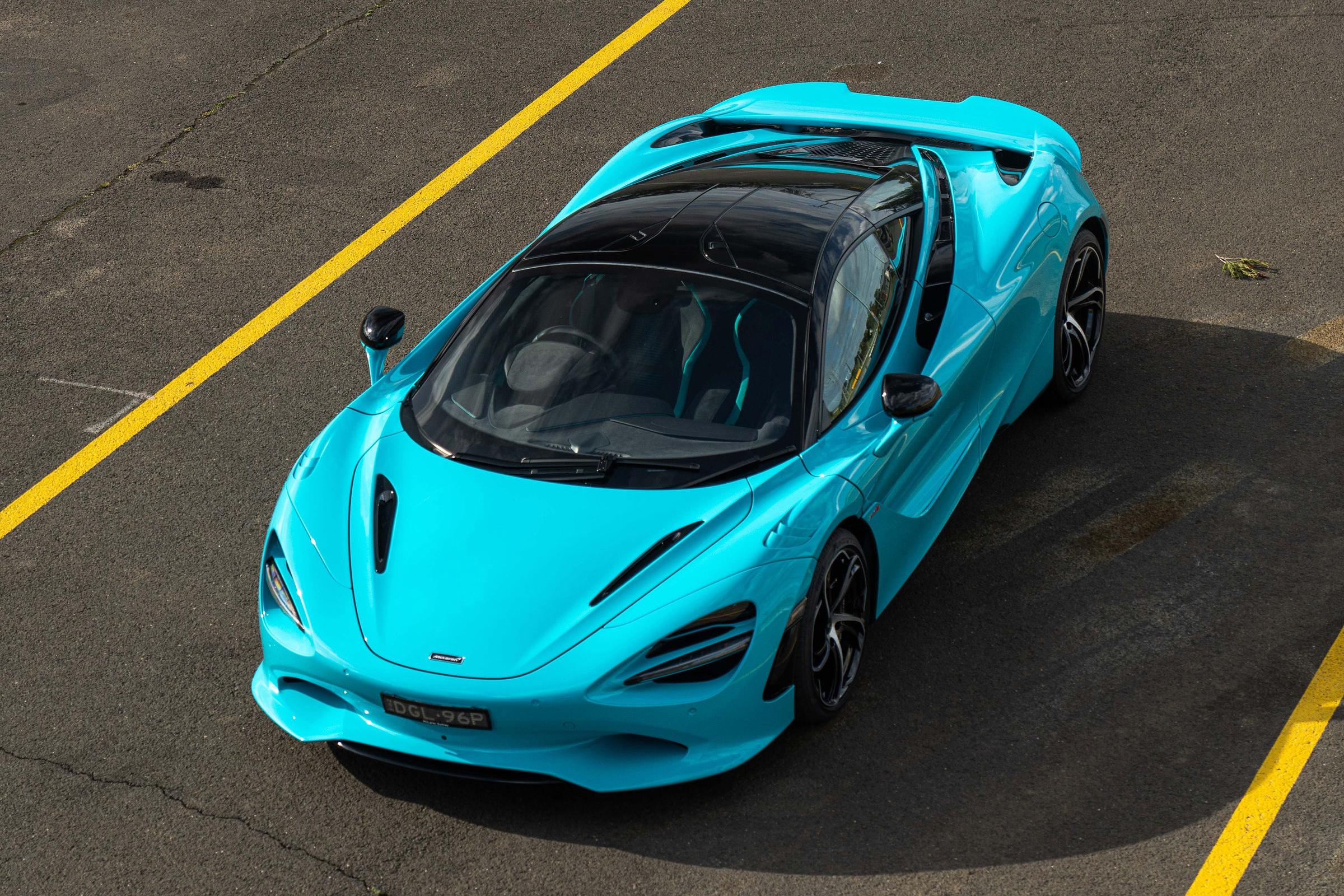
Investing in a vehicle with a strong warranty offers numerous tangible benefits:
- Peace of Mind: Knowing that major repairs are covered reduces financial anxiety and allows you to enjoy your new car without constant worry.
- Reduced Long-Term Ownership Costs: Unexpected repairs can be incredibly expensive. A good warranty shields you from these significant outlays, especially during the critical initial years.
- Higher Resale Value: A transferable warranty is a huge selling point for used car buyers, making your vehicle more attractive and potentially fetching a higher price.
- Protection Against Unexpected Repairs: Even the most reliable cars can experience defects. A warranty acts as a crucial safety net for these unforeseen issues.
- Manufacturer Confidence: A long, comprehensive warranty signals that the manufacturer has high confidence in the durability and quality of their vehicles.
Top Car Brands Known for Their Exceptional Warranties
While many brands offer competitive warranties, a few consistently stand out for their generous coverage, particularly in the powertrain segment. These brands offer some of the longest and most comprehensive warranties in the industry, often leading the pack.
- Kia: Often cited as a leader in warranty coverage, Kia offers an industry-leading 10-year/100,000-mile powertrain warranty, alongside a robust 5-year/60,000-mile basic warranty. This extensive coverage is a major draw for buyers seeking long-term protection.
- Hyundai: As Kia’s sister company, Hyundai mirrors Kia’s exceptional warranty program, offering the same 10-year/100,000-mile powertrain and 5-year/60,000-mile basic warranty. This commitment to long-term reliability has significantly boosted Hyundai’s reputation.
- Mitsubishi: Mitsubishi also competes strongly with a 10-year/100,000-mile powertrain warranty and a 5-year/60,000-mile basic warranty. While their model lineup is smaller, their warranty makes them a compelling choice for value-conscious buyers.
- Genesis: As Hyundai’s luxury arm, Genesis extends the same impressive warranty coverage to its premium vehicles: a 10-year/100,000-mile powertrain warranty and a 5-year/60,000-mile basic warranty. This exceptional coverage helps Genesis compete with established luxury brands.
- Subaru: While not matching the 10-year powertrain offered by the Korean brands, Subaru offers a solid 5-year/60,000-mile powertrain warranty and a 3-year/36,000-mile basic warranty. Coupled with their reputation for reliability, this is a respectable offering.
- Mazda: Mazda provides a 5-year/60,000-mile powertrain warranty and a 3-year/36,000-mile basic warranty. Their vehicles are known for reliability and driving dynamics, making this a good standard offering.
- Volkswagen: VW recently changed its warranty, now offering a 4-year/50,000-mile basic and powertrain warranty. While not as long as their previous 6-year/72,000-mile bumper-to-bumper, it’s still a decent offering for many buyers.
- Honda & Toyota: These brands are renowned for their legendary reliability. Their standard warranties are typically 5-year/60,000-mile for the powertrain and 3-year/36,000-mile for basic coverage. While not the longest, their proven track record for low repair frequency often makes up for it.
Key Factors to Consider When Evaluating a Car Warranty
Beyond simply identifying the brands with the longest warranties, consider these crucial factors:
- Length of Coverage (Years/Miles): Is the duration sufficient for your typical ownership period?
- What’s Covered (Bumper-to-Bumper vs. Powertrain): Understand the specifics. A long powertrain warranty is great, but a comprehensive bumper-to-bumper offers more overall protection.
- Deductibles: Will you have to pay a portion of the repair cost out of pocket?
- Transferability: If you plan to sell the car before the warranty expires, a transferable warranty significantly boosts resale value.
- Roadside Assistance: Is it included, and for how long?
- Hybrid/EV Battery Warranty: Essential for electrified vehicles, as battery replacement is extremely costly. Look for 8-10 years or 100,000-150,000 miles.
- Exclusions: Be clear on what the warranty doesn’t cover.
- Certified Pre-Owned (CPO) Warranties: If buying used, CPO programs often come with extended manufacturer-backed warranties, providing peace of mind similar to new car warranties.
Navigating Warranty Claims and Maintaining Coverage
Even with the best warranty, proper vehicle care is essential to ensure your coverage remains valid.
- Importance of Scheduled Maintenance: Adhere strictly to the manufacturer’s recommended service schedule. Most warranties require proof of regular maintenance.
- Using Authorized Service Centers: While not always mandatory, using dealerships for warranty work often simplifies the process and avoids disputes over parts or procedures.
- Keeping Service Records: Maintain meticulous records of all maintenance and repair work, regardless of where it was performed. This is your proof of compliance.
- Understanding the Claims Process: Familiarize yourself with how to initiate a claim. Typically, you take your vehicle to an authorized service center, they diagnose the issue, and if it’s covered, the repair is performed.
- Potential Challenges: Warranties can be voided by severe neglect, racing, flood damage, or significant aftermarket modifications. Be honest about any issues and consult your dealer if you have questions.
Beyond the Factory Warranty: Extended Warranties and Service Contracts
Once your factory warranty expires, you might consider an extended warranty or vehicle service contract. These are often separate, optional agreements that provide coverage beyond the manufacturer’s original warranty.
- Extended Warranties (Manufacturer-Backed): These are purchased from the vehicle manufacturer and offer similar coverage to the original warranty. They are generally more reliable and honored at all authorized dealerships.
- Vehicle Service Contracts (Third-Party): These are sold by independent companies. While they can offer coverage, they often have more exclusions, stricter claim processes, and potential for disputes.
- Pros: Continued protection against costly repairs, peace of mind.
- Cons: Additional cost, potential for overlap with existing coverage, strict terms and conditions, potential for limited coverage. Evaluate carefully if the cost outweighs the potential benefits for your specific vehicle and driving habits.
Practical Advice and Actionable Insights
- Compare Warranties Side-by-Side: Don’t just look at one number. Use tables (like the one below) to compare basic, powertrain, and other coverages across brands you’re considering.
- Read the Fine Print: Before signing, always read the warranty booklet. Understand what is and isn’t covered, exclusions, and the claims process.
- Consider Your Ownership Habits: If you keep cars for a long time or put on high mileage, a longer powertrain warranty is invaluable. If you trade in every few years, a strong basic warranty might be more beneficial.
- Ask Questions: Don’t hesitate to ask the dealership sales or finance staff to clarify any warranty terms.
- Factor Warranty into Total Cost of Ownership: A car with a slightly higher sticker price but a significantly better warranty might save you more money in the long run than a cheaper car with minimal coverage.
Car Warranty Comparison Table
This table provides a generalized overview of standard new car warranty offerings for popular brands. Specific terms, exclusions, and special programs (e.g., EV battery warranties, complimentary maintenance) can vary by model year and region, so always confirm with the manufacturer or dealer.
| Car Brand | Basic/Bumper-to-Bumper Warranty | Powertrain Warranty | Roadside Assistance | Corrosion (Perforation) Warranty | EV Battery Warranty (If Applicable) | Transferable to Subsequent Owners? |
|---|---|---|---|---|---|---|
| Kia | 5 years/60,000 miles | 10 years/100,000 miles | 5 years/60,000 miles | 7 years/100,000 miles | 10 years/100,000 miles | Yes (Powertrain reverts to 5/60) |
| Hyundai | 5 years/60,000 miles | 10 years/100,000 miles | 5 years/60,000 miles | 7 years/Unlimited miles | 10 years/100,000 miles | Yes (Powertrain reverts to 5/60) |
| Mitsubishi | 5 years/60,000 miles | 10 years/100,000 miles | 5 years/Unlimited miles | 7 years/100,000 miles | 10 years/100,000 miles | Yes (Powertrain reverts to 5/60) |
| Genesis | 5 years/60,000 miles | 10 years/100,000 miles | 5 years/Unlimited miles | 7 years/Unlimited miles | 10 years/100,000 miles | Yes (Powertrain reverts to 5/60) |
| Subaru | 3 years/36,000 miles | 5 years/60,000 miles | 3 years/36,000 miles | 5 years/Unlimited miles | 8 years/100,000 miles | Yes |
| Mazda | 3 years/36,000 miles | 5 years/60,000 miles | 3 years/36,000 miles | 5 years/Unlimited miles | N/A (No EVs/Hybrids currently) | Yes |
| Volkswagen | 4 years/50,000 miles | 4 years/50,000 miles | 3 years/36,000 miles | 7 years/100,000 miles | 8 years/100,000 miles | Yes |
| Honda | 3 years/36,000 miles | 5 years/60,000 miles | 3 years/36,000 miles | 5 years/Unlimited miles | 8 years/100,000 miles | Yes |
| Toyota | 3 years/36,000 miles | 5 years/60,000 miles | 2 years/Unlimited miles | 5 years/Unlimited miles | 8 years/100,000 miles (10/150 for CA) | Yes |
Note: Warranty details can change. Always verify the latest information directly with the manufacturer or dealership for the specific model and year you are considering.
Frequently Asked Questions (FAQ)
Q1: What voids a car warranty?
A1: Warranties can be voided by severe neglect (e.g., failure to perform scheduled maintenance), misuse (e.g., racing, off-roading beyond vehicle’s capability), accident damage, flood damage, tampering with the odometer, or installing aftermarket parts that cause damage. Always follow manufacturer guidelines.
Q2: Is an extended warranty worth it?
A2: It depends. For some, the peace of mind is worth the cost, especially for vehicles known for expensive repairs or if you plan to keep the car for a very long time. For others, particularly with highly reliable brands, the cost might outweigh the benefits. Carefully compare the cost of the extended warranty against potential repair costs and your risk tolerance.
Q3: Can I get my car serviced anywhere and maintain the warranty?
A3: Yes, under the Magnuson-Moss Warranty Act in the U.S., you are not required to have your car serviced by the dealership to maintain your warranty. You can use any qualified independent mechanic, provided they use genuine or equivalent quality parts and follow the manufacturer’s recommended service schedule. However, always keep detailed records and receipts.
Q4: What’s the difference between basic and powertrain warranty?
A4: The basic (or bumper-to-bumper) warranty covers almost all components of the vehicle, from electrical systems to accessories, with some exceptions for wear-and-tear items. The powertrain warranty specifically covers the components that make the car move: the engine, transmission, and drive axle. Powertrain warranties are typically longer because these are the most expensive parts to repair.
Q5: Does a warranty cover wear and tear items?
A5: Generally, no. Wear and tear items like tires, brake pads, clutch discs, wiper blades, spark plugs, and routine maintenance (oil changes, tire rotations) are typically excluded from both basic and powertrain warranties, as their degradation is expected with normal use.
Conclusion
Choosing a car with a strong warranty is a smart financial decision that offers invaluable peace of mind. While the allure of a sleek design or powerful engine is strong, understanding the depth and breadth of a manufacturer’s warranty is just as critical. Brands like Kia, Hyundai, Mitsubishi, and Genesis consistently lead the pack with their industry-topping 10-year/100,000-mile powertrain warranties, signaling a robust commitment to product quality and customer satisfaction.
However, the "best" warranty isn’t solely about the longest duration; it’s about the coverage that best fits your individual needs, driving habits, and ownership plans. By meticulously comparing the various types of coverage, understanding the fine print, and recognizing the importance of maintaining your vehicle, you can drive confidently, knowing that your investment is protected against the unpredictable twists and turns of the road ahead. Make your next car purchase an informed one, prioritizing not just the car, but the comprehensive protection that comes with it.
